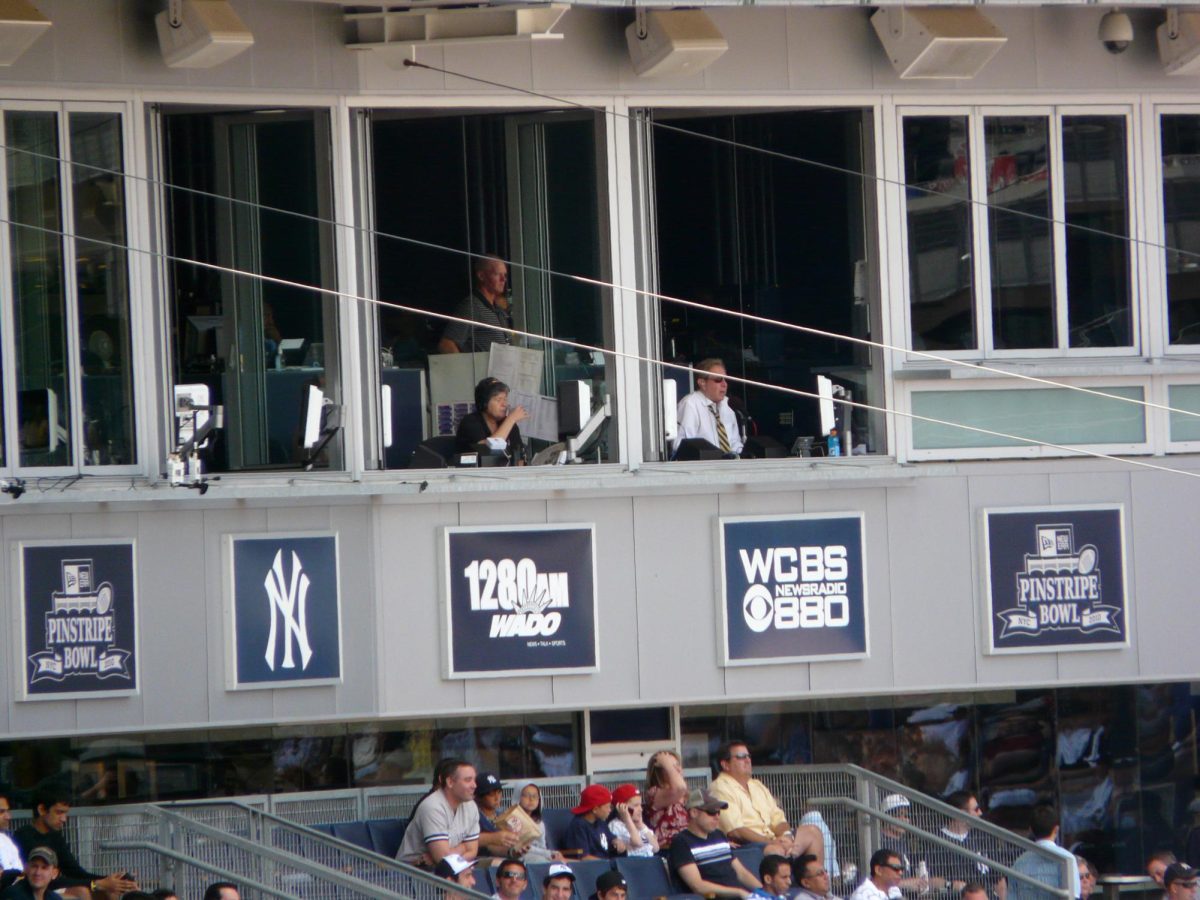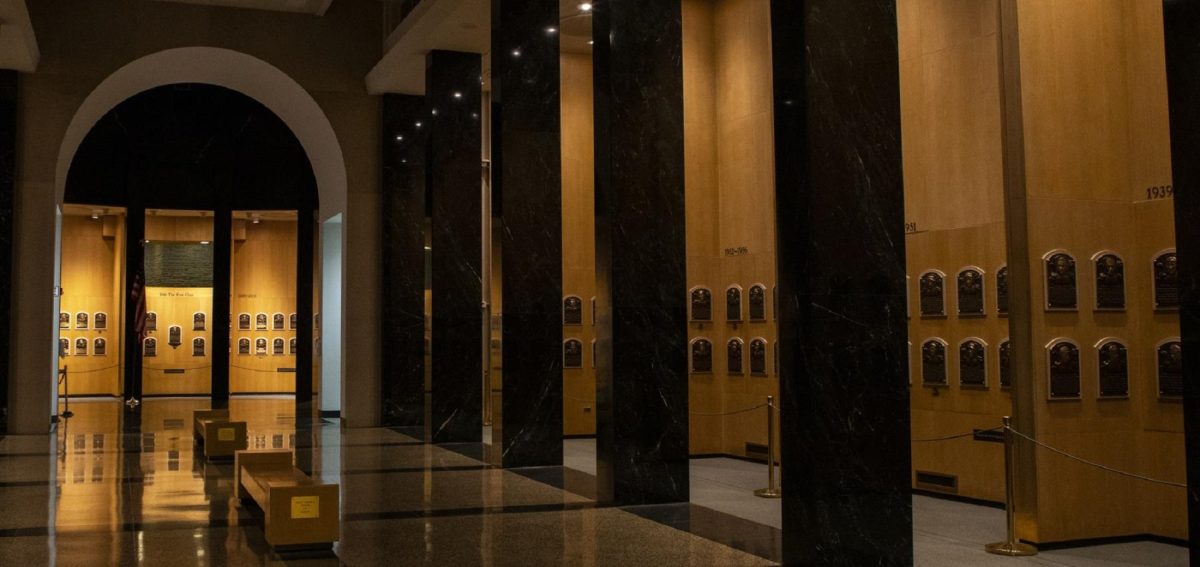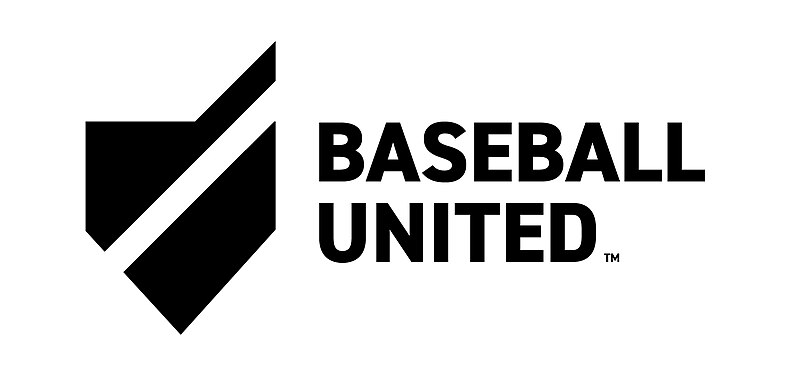We wish we could write about this year’s unprecedented Final Four lineup, compare the contracts of Max Scherzer and Miguel Cabrera, analyze the sudden dominance of the Boston Bruins or comment on the unionization of Northwestern’s football team. In fact, we wish we could write about any of this week’s news from the world of sports. Unfortunately, we find it impossible to extricate that world from the “real world” this week.
Disturbing stories have emerged about conditions in Qatar surrounding preparations for the 2022 FIFA World Cup to be hosted there. The International Trade Union Confederation released a report last week that calls begins by stating “Qatar is a country without a conscience,” and ends by estimating that over 4,000 workers will eventually die in preparation for the tournament — a number much greater than the terrorist attacks of Sept. 11.
If that number seems farfetched, consider that around 1,200 Indian, Nepalese and Filipino migrant workers have already died — a full eight years before the tournament. To provide some context, a total of 60 people died from work-related incidents in Sochi, and eight have died constructing World Cup facilities in Brazil. These numbers, although they pale in comparison to the Qatar toll, are themselves unconscionable.
In reality, worker deaths are just the most visible symptoms of a labor system infected to its core with greed and callousness. Employers in Qatar prey on the hopelessness of those living in poverty in the developing world with promises of handsome and consistent salaries.
The system, known around the Middle East as kafala, governs the employment of 1.2 million people in Qatar, or 94 percent of the total labor force. A plethora of reports and first-hand accounts by international watchdogs such as Amnesty International and the U.N. reveal that employers often seize their workers’ passports and documents upon arrival, making the migrants prisoners in a foreign land. Laborers work long hours, over 100 per week, and are often paid — if at all — only a fraction of the wages that they were promised before leaving their homes.
With respect to the coming World Cup, the ITUC reported that Indian and Nepalese workers were living in squalid conditions at the stadiums tantamount to “modern slavery.” Theo Zwanzinger, Germany’s member of the FIFA executive committee, is one of the many who has attempted to justify Qatar’s actions.
“This feudal system existed [in Qatar] before the World Cup,” Zwanzinger said. “What do you expect of a football organization? FIFA is not the lawmaker in Qatar.”
If FIFA were entirely aware of the human suffering that its selection of World Cup host would perpetuate, it would make its decision even more appalling than it was in the first place. While growing soccer globally is an admirable goal, sports can work as ambassadors for positive change when fairness and honesty accompany an event’s preparation. FIFA risks doing major damage to international sports in general, if it does not take a principled and humane stand on this issue.
For us, Georgetown’s silence on the matter is all the more disquieting. The university is a major presence in the region, having established a satellite campus of the School of Foreign Service in Doha, Qatar, “to help build global leaders who will make a difference for their communities, their region and the world.”
We find it hard to believe that Georgetown can live up to that mission while it ignores the systematic violation of basic human rights occurring in its own neighborhood (there are four stadiums undergoing construction or expansion in the city of Doha). In fact, we believe that the SFS-Q, which is funded in no small part by the Qatar Foundation, must be a leading voice in the movement to ensure proper working conditions and human rights for migrant workers in Qatar.
The recent report was surely the first of many that will spotlight dreadful labor practices leading up the World Cup. If Qatar’s reputation as state built on “modern slavery” continues to proliferate in the media and global consciousness, Georgetown will surely need to evaluate any potential damage to its own reputation that will come of its association with Qatar.
The politics of sports are a double-edged sword. Often, sports can be a force for local pride, national unity or international cooperation. However, in other instances, like this one, we are confronted with a darker side of sports. Just as the sports world lauds itself during its more idealistic moments, it must also face the less savory issues honestly and assume principled stands in the face of injustice.
There is nothing worse for any sport international community stand idly by as its largest athletic event is built on the back of modern-day slavery?
Ethan Chess and Drew Cunningham are seniors in the College. THE THIRD HALF appears every Friday.














